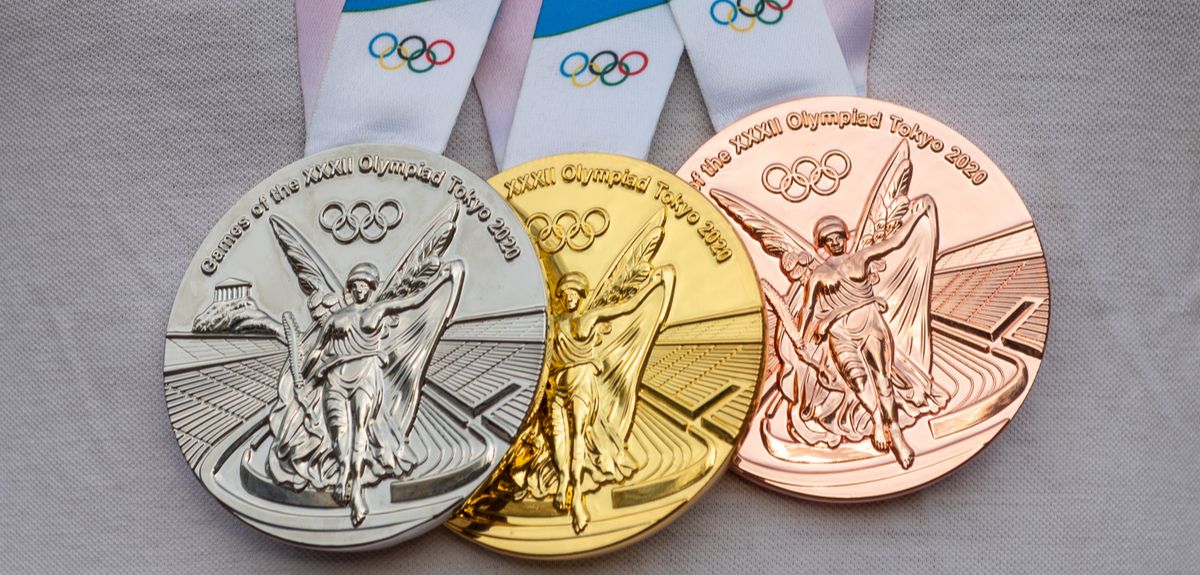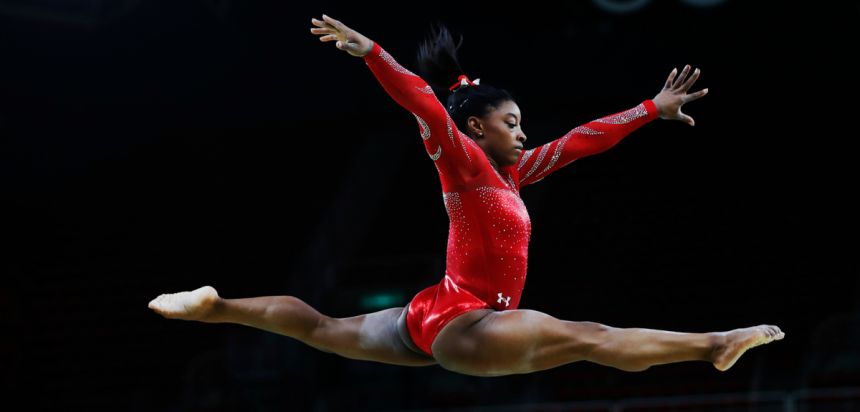
Image credit: Shutterstock
The mental health impacts of being an Olympian
By Dr David M. Lyreskog, Postdoctoral Researcher, Department of Psychiatry
People across the world are looking forward to the greatest sporting event on earth: the Olympic Games. Although it may look and feel quite different this time due to the COVID-19 pandemic, it serves as a source of inspiration for millions of adults, children and young people alike. The athletes competing in the coming weeks mount a tremendous responsibility on their shoulders. Representing the pinnacle of human performance, Olympians are not merely idolized for their athletic abilities, but also often praised for their moral character, sportsmanship, and/or mental resilience.
We like to think that athleticism and doing sports is good for us, as it can offer a sense of achievement, and teach us valuable skills such as perseverance and team spirit. People are inspired by incredible athletes and their achievements; however, do these athletes make appropriate targets of aspiration – for young people in particular?
Exercise vs sports
Exercise and top-level sports differ in some significant ways. Where exercise has proven over and over again to be an excellent means to promote not only physical health, but also well-being and mental health, professional sports may not be very healthy.
During the Olympics alone, about 11% of the athletes incur injuries. In elite sports teams, the prevalence of depression and anxiety is sometimes as high as 45%, and in adolescent elite sports the prevalence of eating disorders is approximately 14%. The pursuit of performance – of excellence – does not appear to be a healthy one.
 Olympic gold-medallist Simon Biles recently withdrew from gymnastic events at the Tokyo 2020 Olympics to 'focus on her mental health'.
Olympic gold-medallist Simon Biles recently withdrew from gymnastic events at the Tokyo 2020 Olympics to 'focus on her mental health'. I have to focus on my mental health...we have to protect our minds and our bodies and not just go out and do what the world wants us to do...There were a couple of days when everybody tweets you and you feel the weight of the world.
Simone Biles, Team USA gymnast
Exercise is commonly prescribed for reducing symptoms of depression and anxiety in young people. Alongside getting adequate amounts of sleep and adhering to a balanced and healthy diet, exercise arguably qualifies as one of the most important low-risk interventions to promote mental and physical health. And sports is probably the most common way for young people to exercise consciously, be it for physical or mental health, or just for fun. But that does not mean that all sports is exercise. It goes without saying that there are massive differences between your everyday sport enthusiast who exercises for health, and an Olympic-level athlete.
Health vs performance
While most of us are probably aware that Olympic-level sports may not always be healthy, it is less clear to us exactly when exercise for health turns into sports for performance and excellence. Indeed, one of the alluring features of sports is the direct feedback indicating improvement: the possibility of playing better than last week, running further and swimming faster than yesterday – doing better – is part of why we get out there at all.
But therein lies the crux: doing better performance-wise does not necessarily mean doing better in terms of mental and physical health. In fact, it can be detrimental to it. Sports is a difficult concept in this domain, because there is no clear line for us to pass between exercise on one side, and performance-based and risk-inducing training on the other. And of course, that line will be differently placed for different individuals.
Promoting physical and mental health
What are the key mechanics which underlay shifts in motivation, and how can we direct everyday sports and exercise towards levels and types of activity which promote physical and mental health?
It is clear that more research needs to be done in this area to help young people in particular strike a balance in exercise and sports. Perhaps the best we can do for now is to try to be aware of the motives and behaviours from ourselves and those around us, and to try to support healthy forms of exercise in the general population. Because, as impressive and inspiring as the performances on the Olympic stage are, they are not doing wonders for the health of the athletes.
 What Louise Thompson’s campaign tells us about the national maternity crisis
What Louise Thompson’s campaign tells us about the national maternity crisis Celebrating 25 Years of Clarendon
Celebrating 25 Years of Clarendon  Learning for peace: global governance education at Oxford
Learning for peace: global governance education at Oxford  What US intervention could mean for displaced Venezuelans
What US intervention could mean for displaced Venezuelans  10 years on: The Oxford learning centre making an impact
10 years on: The Oxford learning centre making an impact Oxford and The Brilliant Club: inspiring the next generation of scholars
Oxford and The Brilliant Club: inspiring the next generation of scholars New course launched for the next generation of creative translators
New course launched for the next generation of creative translators The art of translation – raising the profile of languages in schools
The art of translation – raising the profile of languages in schools